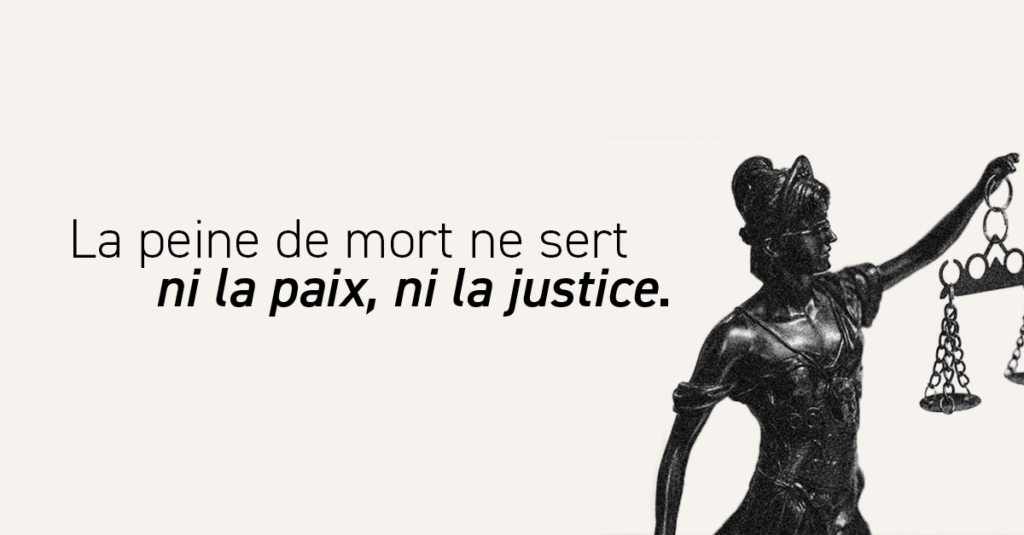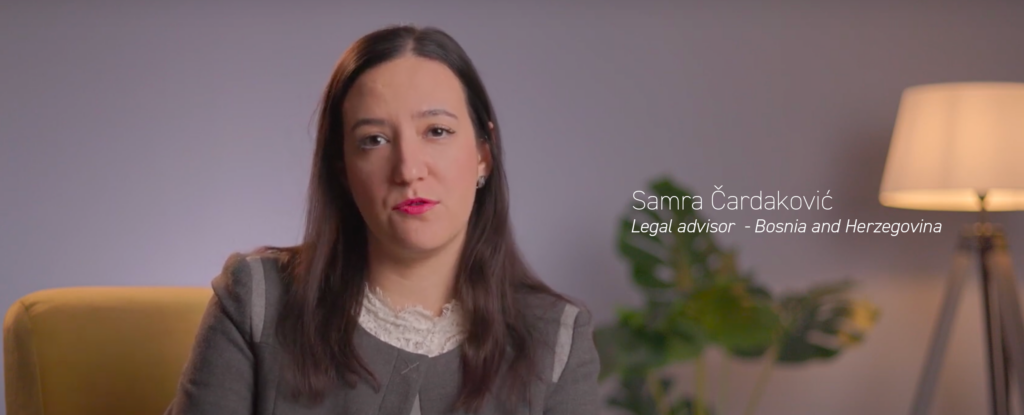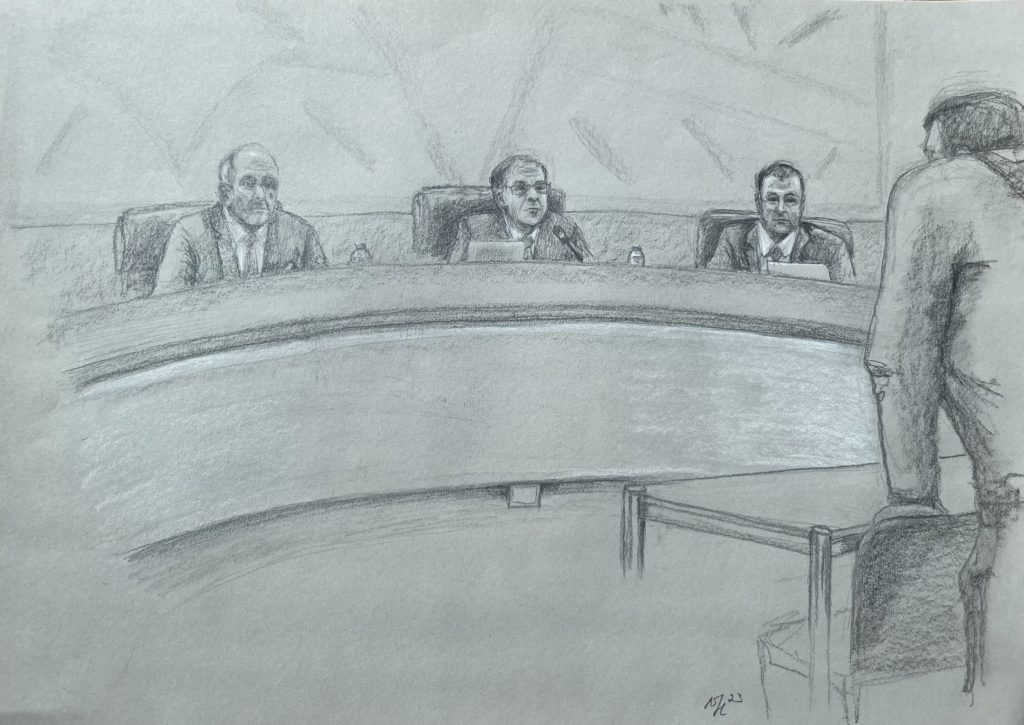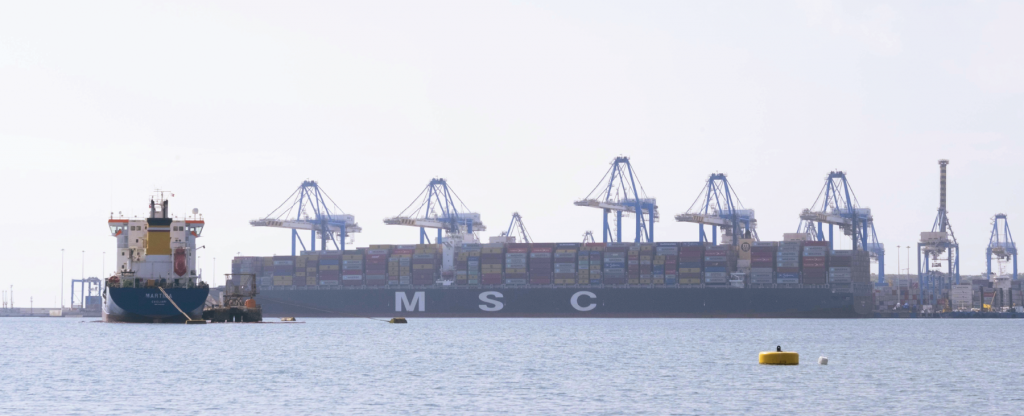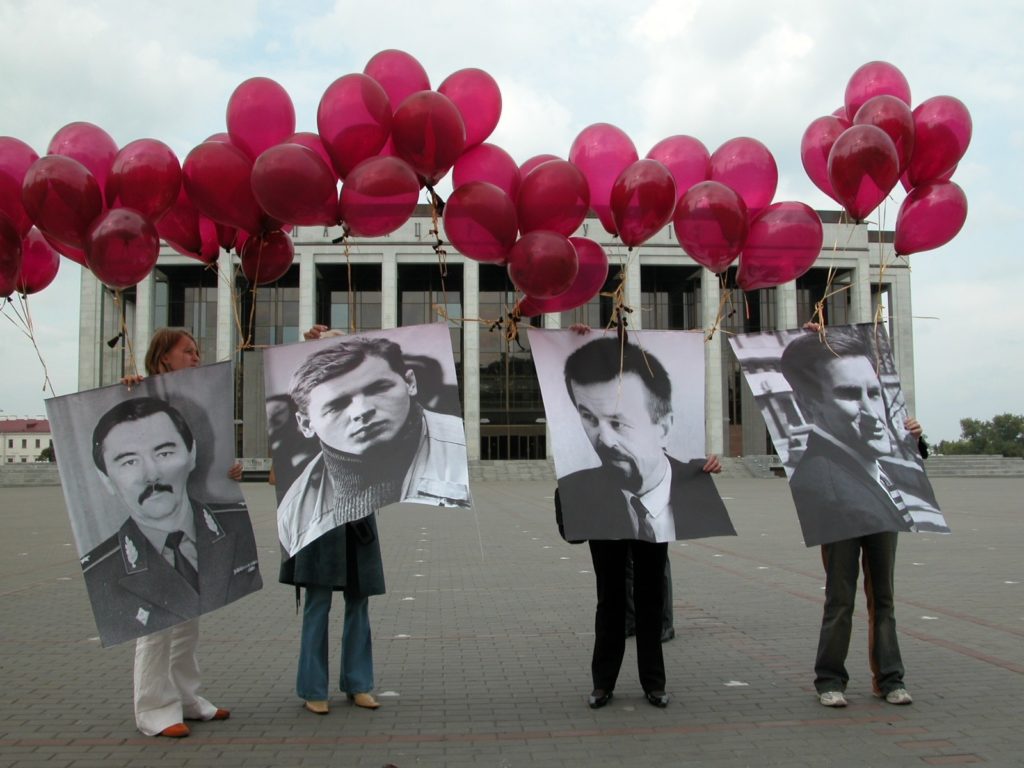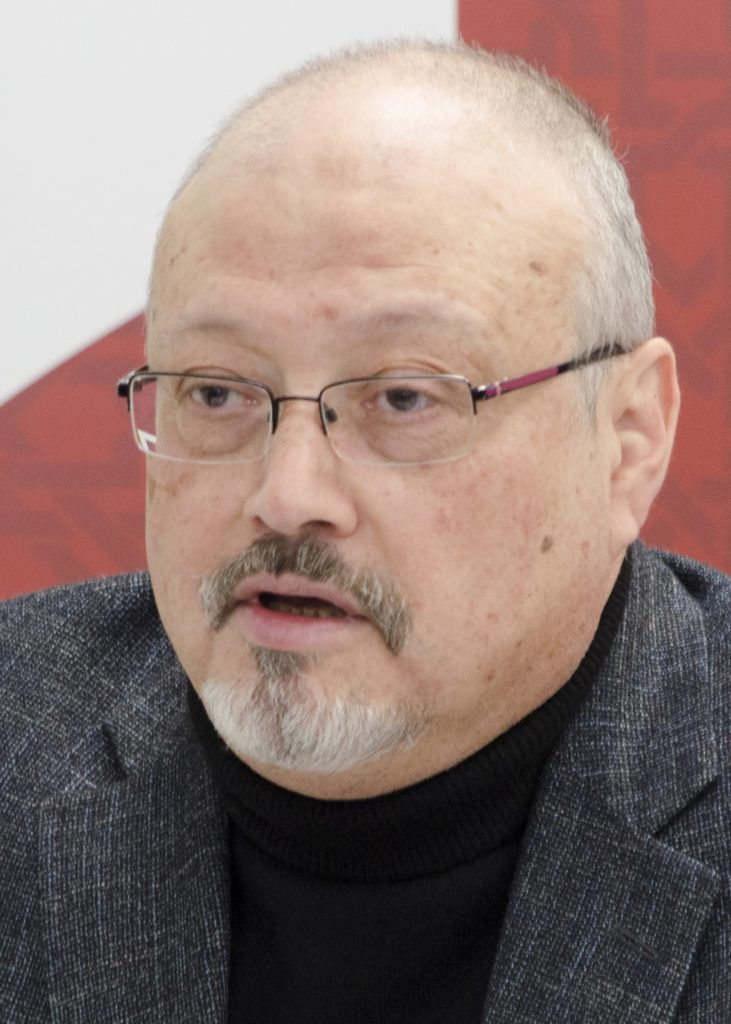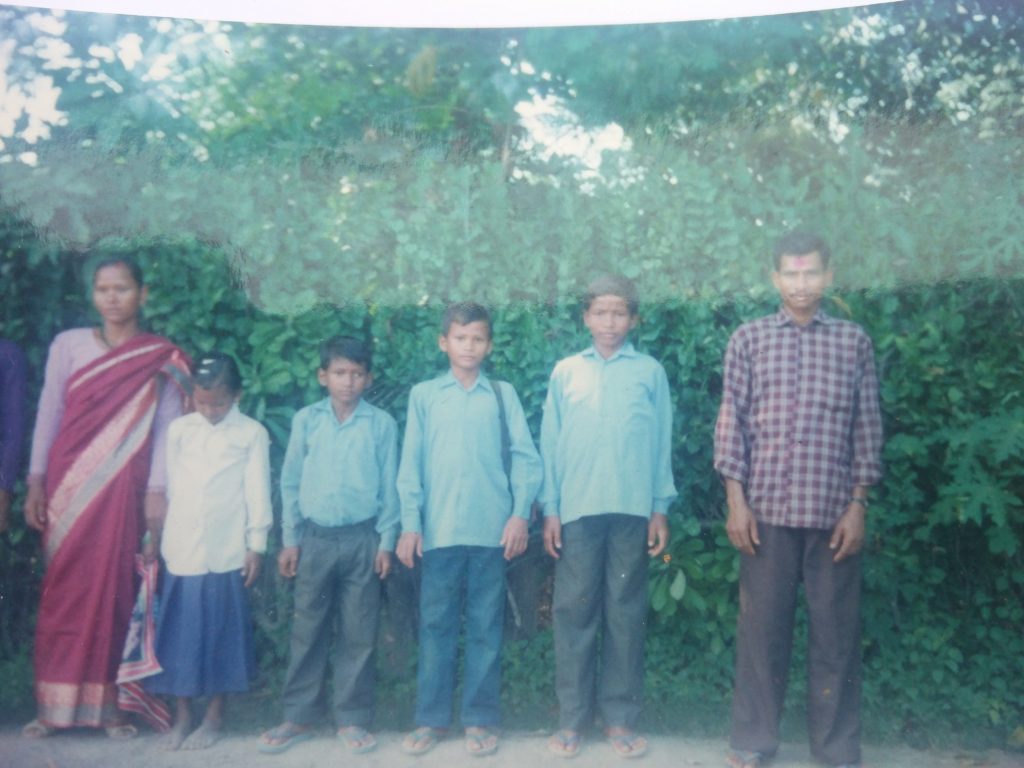Arrested with his wife, tortured and forcibly disappeared
The Case
In November 2007, TRIAL lodged an application before the United Nations Human Rights Committee on behalf of Kamel Rakik. The ACT acts as a representative for Mrs. Guezout and M. Abdelrahim and Bachir Rakik, respectively the mother and the brothers of the victim. Kamel Rakik was arrested on May, 6, 1996, in Ouled Moussa, and has been reported missing ever since. This disappearance occurred in the context of the massive enforced disappearances which took place in Algeria between 1992 and 1998.
Kamel Rakik was arrested at his home, around thirty kilometers outside of Algiers, by officers of the judiciary police of Algiers’ wilaya. The policemen burst in his house, using violence and threatening to kill his wife, who they later used as a human shield in order to get to him. Even though nobody in the house was armed, they opened fire on the people present injuring Kamel Rakik. He and his wife and sister-in-law were then taken away, separately.
The three of them were taken to the Chateauneuf police officers’ school, an infamous centre for torture and incommunicado detention, in order to be questioned. After five days of detention, both women – and four other members of their family arrested on the same day – were transferred to another cell where, to their surprise, they discovered Kamel Rakik. He told them that he had been tortured, then taken to a military hospital under a false name, before being tortured again.
Rakik’s wife and sister-in-law were released after 35 days of detention.
Following Rakik’s arrest, his father, Tahar Rakik, convinced that his son had died in the attack, went on to look for him in hospitals and mortuaries. He also turned to different police stations but nobody seemed to be aware of his son’s arrest.
As his daughter-in-law returned home, Tahar Rakik contacted the public prosecutor of the Boudouaou’s tribunal to notify him his son’s disappearance and request that he be placed under protection of the law. This first request was dismissed, as were all the numerous complaints, letters and requests that Tahar Rakik kept addressing him thereafter. The public prosecutor informed him, in June 1998, that his son had been arrested by members of the security services and taken to Algiers’ police station, but kept dismissing his complaints. The public prosecutor made it clear that he was not going to prosecute the police.
Kamel Rakik’s father wrote several letters to the relevant authorities, among whom the Minister of Justice, the Minister of the Interior and the Ombudsman. However, he never received any answer from any of these authorities.
Tahar Rakik died on February 5, 2003 without ever having received any information on the fate of his son who had been reported missing for seven years at that time.
In 2006, the security services suggested Kamel Rakik’s mother to take the appropriate administrative measures in order to obtain reparation, in accordance with the ‘national reconciliation’ ordinance adopted that same year. However, the process implies that an official certificate of death be established, something that Mme Guezout refused to do, and so she kept asking for the truth about her son to be made.
The authors of the communication ask the Committee to recognize that Kamel Rakik was a victim of enforced disappearance, a crime that infringes the most fundamental rights guaranteed in the International covenant on civil and political rights (ICCPR), and of several other violations, due, among other reasons, to the violence he was subjected to during his arrest, and to the torture he underwent while in detention. The complainants request that violations of articles 2 (3), 6 (1), 7, 9 (1), (2), (3) and (4), 10 (1) and 16 of the ICCPR be found as regards Kamel Rakik. They also request that violations of articles 2 (3) and 7 of the ICCPR be found as regards themselves for the psychological suffering they underwent during the many years of uncertainty as regards their son and brother’s fate.
General context
According to different sources, as many as 7,000 to 20,000 persons were arrested or abducted by the Algerians security services as well as by the militias armed by the government between 1992 and 1998, and are reported missing.
As of today, none of the families of victims of enforced disappearance has ever received any information on the fate of their relatives, no investigation has ever been open as a result of the complaints and measures they have taken, and, even though the authors and their backer are known, none of them has ever been prosecuted or even put under investigation for those actions.
The decision
In September 2012, the Human Rights Committee communicated its decision (called “views” in the UN language).
The Committee held that Algeria violated Articles 6 § 1, 7, 9, 10 § 1 and 16 of the International Covenant on Civil and Political Rights, taken alone and in conjunction with Article 2 § 3 of the Covenant with regards to the victim.
The Committee also held that Algeria violated Article 7 of the ICCPR, taken alone and in conjunction with Article 2 § 3, with regards to the victim’s mother and brothers.
The Committee requested Algeria to “conduct a deep and rigorous investigation into the disappearance of Kamel Rakik”, to “furnish his family with detailed information concerning the results of its investigation”, to free him immediately if he is still being secretly detained or, if he is deceased, to return his mortal remains to his family. Moreover, the Committee insisted on Algeria’s obligation to “indict, put on trial and punish those responsible for the violations committed”.
Algeria was also required to pay an adequate compensation to the mother and two brothers of the victim for the violations endured.

